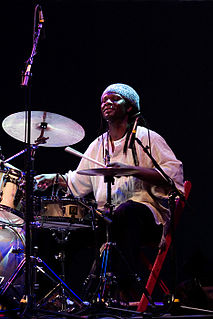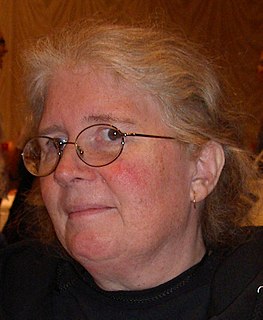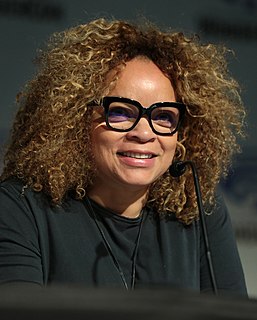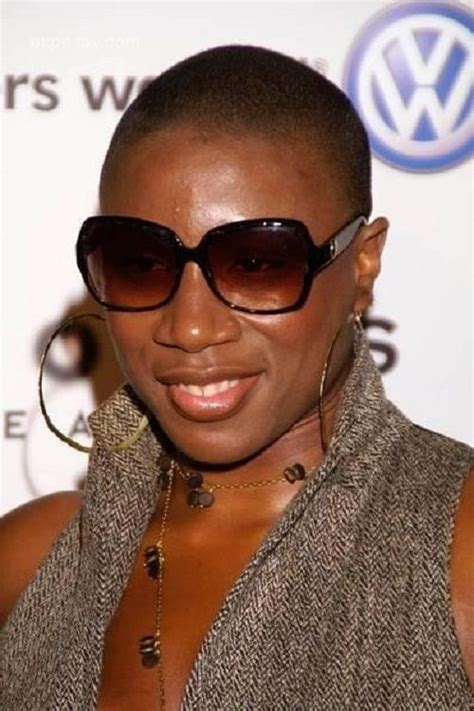A Quote by Neil MacGregor
The deciphering of ancient scripts changed forever the way Europeans were able to imagine the story of humanity, destroying centuries of received authority about the past with repercussions as important for our understanding of time and history as the geological studies of the same period.
Related Quotes
I'm fascinated by the period that goes from the Industrial Revolution to right after World War II. There's something about that period that's epic and tragic. There's a point after the industrial period where it seems like humanity's finally going to make it right. There were advances in medicine and technology and education. People are going to be able to live longer lives; literacy is starting to spread. It seemed like finally, after centuries of toiling and misery, that humanity was going to get to a better stage. And then what happens is precisely the contrary. Humanity betrays itself.
It has been long considered possible to explain the more ancient revolutions on... the Earth surface by means of these still existing causes; in the same manner as it is found easy to explain past events in political history, by an acquaintance with the passions and intrigues of the present day. But we shall presently see that unfortunately this is not the case in physical history:-the thread of operation is here broken, the march of nature is changed, and none of the agents that she now employs were sufficient for the production of her ancient works.
I realized that most white Americans knew very little about our history and our struggle, and were having difficulty understanding the basis for our agitation and our resistance and our complaints. I also discovered that while black Americans had a sense of the beauty and tragedy of the journey from the time of slavery until now, we were not rooted in the specifics. I thought one way to familiarize people with that history would be through the voices of the great folk artists.
When I started doing improvise music in Europe, in the beginning I thought the way that Europeans were interpreting the reconstruction of deconstruction of this thing that we call jazz - of course it's different than what Americans do, because Europeans have a different history, a different sensibility and so forth - the nature of the creative process itself it's the same; but what comes from that creative process is different, because you have a different history, you have a different society, different language.
Fashion is not just about trends. It's about political history. You can trace it from the ancient Romans to probably until the '80s, and you can see defining moments that were due either to revolutions or changes in politics. At the end of the Roman era, there was this whole move against togas, because that was the signifier of the Roman Empire. In the same way, the '60s were a reaction against the '50s and so on. But now we've been feeding on a sort of cadaver. At the moment, we're just endlessly recycling the past.
I don't think humanity just replays history, but we are the same people our ancestors were, and our descendants are going to face a lot of the same situations we do. It's instructive to imagine how they would react, with different technologies on different worlds. That's why I write science fiction -- even though the term 'science fiction' excites disdain in certain persons.
I begin with understanding the intentions of the story. That helps me to zero in. Then I gather research for each individual character and analyze the time period with comparisons to the figure and the facial structure. It helps to be comfortable with computers because the massive amount of research is kept electronically and shared with my staff this way. Very little is printed out. I work with an illustrator to come up with the proper silhouettes and details of the clothing from the time period to time period. And on and on.
It is thus hardly surprising that so many of the great minds in recent history have concerned themselves with economic matters. Indeed, they have come to regard economic theory in precisely the same way the ancient philosophers viewed the heavens - as the key to understanding and controlling our fate.
People are aware that they cannot continue in the same old way but are immobilized because they cannot imagine an alternative. We need a vision that recognizes that we are at one of the great turning points in human history when the survival of our planet and the restoration of our humanity require a great sea change in our ecological, economic, political, and spiritual values.
The way that we're consuming what we watch. Netflix, binge-watching, destination agnostic were not terms. It was about networks, times, dates. Even with feature films, you had to see it this way, in this capacity, at this time. All that has changed. Now it's really about the story. It's a gift that I became a storyteller at this time.
Reading honest literature makes you love the world. Knowledge and understanding are love. Reading educates our feelings and enhances our sympathy. When you read for understanding, you are fundamentally changed. You are a different person at the end of the story or the novel than you were when it began.








































